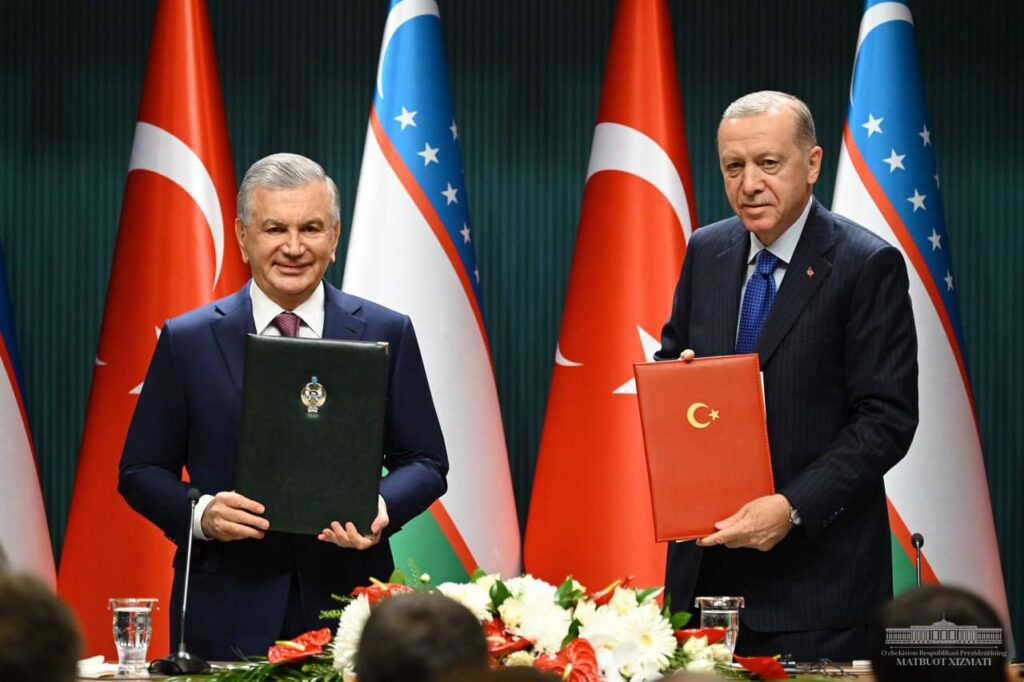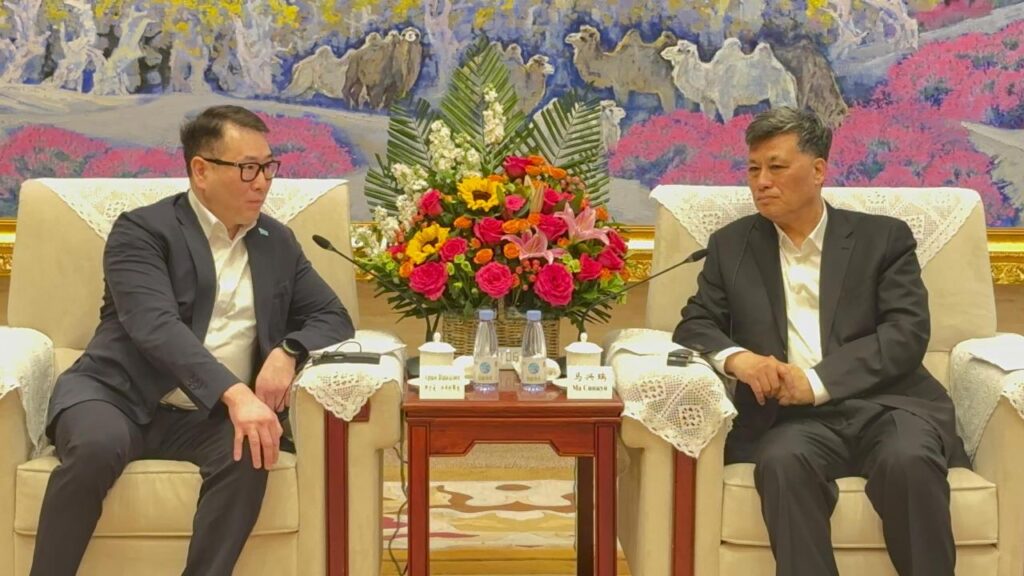Uzbekistan Releases Foreign Trade Data For 2024 So Far
The Statistics Agency of Uzbekistan has presented a report on the country’s foreign trade turnover in January-July 2024. According to the report, during this period, the country's foreign trade turnover (FTT) reached $36.8 billion and increased by $1.9 billion, or 5.3%, compared to January 2023. The volume of exports amounted to $14,786 million, which decreased by 1.1% compared to last year; imports increased by 10.1% and amounted to $22,049 million. Kazakhstan became one of Uzbekistan's largest foreign economic partners after China and Russia during this period. This may be due to a common border, trade in the CIS free trade area, and the recent liberalization of mutual economic relations. Uzbekistan has trade relations with 187 countries worldwide. A significant share of FTT was recorded in the PRC (18.6%), Russia (18.5%), Kazakhstan (6.2%), Turkey (4.6%), and South Korea (3.2%). From January to July 2024, the share of the CIS countries in the foreign trade turnover was 35.3%, which increased by 3.1% compared to the corresponding period of 2023. The total cost of FTT with these countries was $13,020.8 million. Exports reached $4,940.3 million, while imports amounted to $8,080.5 million. Uzbekistan's FTT with the Eurasian Economic Union member states amounted to $9,913.1 million. The export volume reached $3,230.5 million, and the import volume reached $6,682.5 million.






